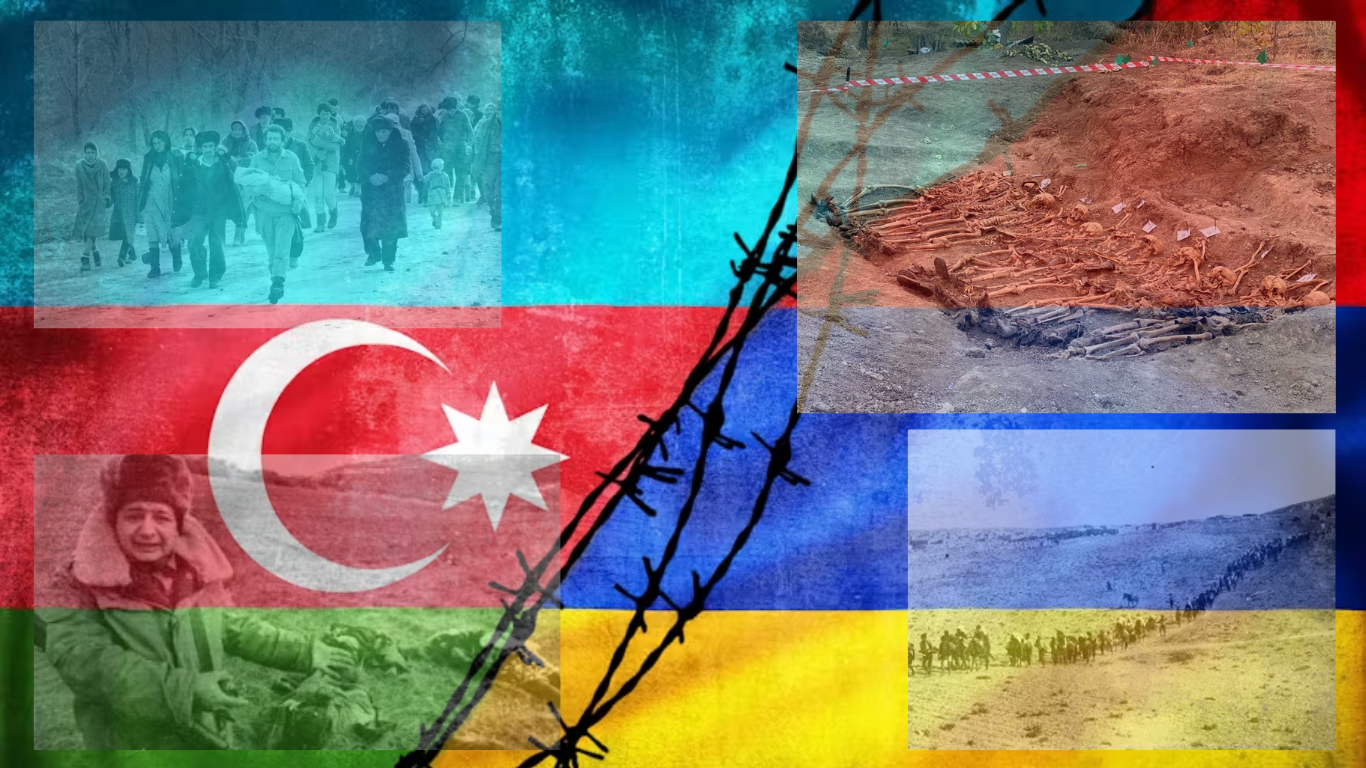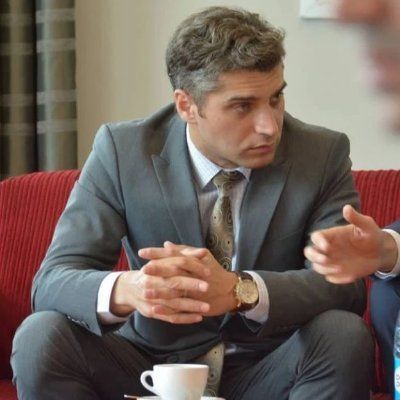Peace talks in limbo as Armenia resists confronting past atrocities

In the South Caucasus, the questions once again revolve around the unresolved peace negotiations between Armenia and Azerbaijan — questions whose answers are already clear, yet those responsible for answering them continue to delay or obstruct the process artificially.
The latest diplomatic exchange between Armenia and Azerbaijan, triggered by Yerevan’s reaction to resolutions adopted at the 51st session of the Organization of Islamic Cooperation (OIC) Council of Foreign Ministers in Istanbul, underscores the unresolved tensions surrounding historical narratives, justice for displaced populations, and the broader future of peace in the region.
At the heart of the controversy lies the OIC’s reaffirmation of key Azerbaijani positions, particularly regarding the right of return for Azerbaijanis forcibly expelled from the territory of present-day Armenia, as well as the recognition of the Khojaly massacre as genocide. As usual, in response, Armenia issued a sharply worded statement dismissing the declarations as "distortions," which Azerbaijan’s Ministry of Foreign Affairs swiftly rejected as baseless and obstructive.
One of the central points of contention is the resolution titled "The Right of Return of the Azerbaijanis Forcefully and Systemically Expelled from the Territory of the Present-Day Armenia." According to Baku, this resolution reflects not only the historical reality of forced displacement, beginning in the early 20th century and culminating during the former Garabagh conflict, but also reaffirms the applicability of international legal norms concerning the rights of refugees and displaced persons.
Azerbaijan frames Armenia’s reaction as a deliberate attempt to conflate the recognition of the right of return with territorial claims — a mischaracterisation, it argues, aimed at derailing international support and complicating peace talks. Indeed, the displacement of hundreds of thousands of Azerbaijanis remains one of the most unresolved humanitarian consequences of the conflict, and its legal and moral implications continue to reverberate in international forums.
Another focal point is the OIC’s resolution on the Khojaly massacre, where 613 Azerbaijani civilians were killed in February 1992 during the First Garabagh War. Armenia’s dismissal of the resolution as a "distorted interpretation" of history was met with a firm response from Baku, which called this denial a further erosion of Armenia’s credibility in the peace process.
To be honest, I would also like to add some personal thoughts on this issue from the perspective of national interests. Armenia exaggerates a so-called event that supposedly happened a hundred years ago and labels it as genocide. Interestingly, the world immediately reacts to this. Moreover, it is even used as a political tool against Azerbaijan and Turkiye, often grounded in bias. So why is the recognition of a tragedy — a genocide — that took place just 33 years ago still such a subject of debate?
While Armenia has long disputed the framing of Khojaly as genocide, Azerbaijan maintains that this atrocity has been recognised by numerous international bodies and governments and constitutes a crime against humanity. The episode remains an open wound in Azerbaijani society and a major point of contention in the reconciliation process.
The issue is that certain contentious matters that Armenia should have changed, but has not, continue to create deep rifts between the two sides. While both countries publicly declare a commitment to a comprehensive peace agreement, Azerbaijan accuses Armenia of stalling negotiations through revisionist rhetoric and a refusal to engage on critical issues, including border delimitation, regional connectivity, and accountability for past war crimes.
The OIC's support for Azerbaijan’s position adds weight to Baku’s argument that its calls for justice and accountability are not isolated but part of a broader consensus within parts of the international community. The Islamic world, through the OIC, has consistently backed Azerbaijan’s territorial integrity and supported its humanitarian claims, providing diplomatic reinforcement at a time when global attention is divided across multiple crises.
Ultimately, the diplomatic fallout over the OIC resolutions is not just about historical grievances. It is a litmus test of whether the region is ready to move beyond entrenched narratives and toward a durable peace based on mutual recognition of past suffering and future coexistence. While Azerbaijan portrays itself as ready to engage constructively, Armenia continues to politicise international forums in an attempt to avoid facing historical responsibilities.
For the peace process to advance meaningfully, Armenia will have to stick to actionable commitments with no further rhetoric or baseless arguments that always change the course of its diplomatic position. The international community, and especially multilateral organisations like the OIC, can play a facilitative role, but reconciliation ultimately depends on Yerevan's political courage to confront the past without being held hostage by it.
Until then, exchanges like this one will remain a recurring feature of the South Caucasus landscape, reflective not only of diplomatic hostility but of unresolved questions that lie at the core of regional stability.
Here we are to serve you with news right now. It does not cost much, but worth your attention.
Choose to support open, independent, quality journalism and subscribe on a monthly basis.
By subscribing to our online newspaper, you can have full digital access to all news, analysis, and much more.
You can also follow AzerNEWS on Twitter @AzerNewsAz or Facebook @AzerNewsNewspaper
Thank you!

